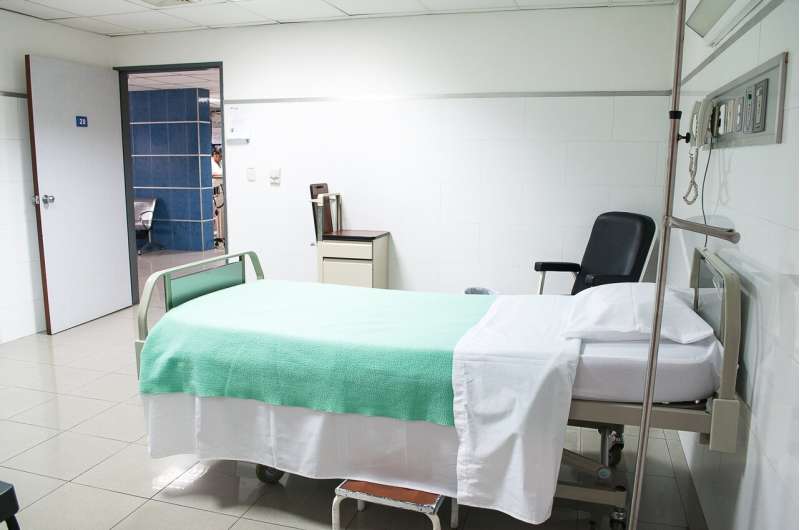This article has been reviewed according to Science X's editorial process and policies. Editors have highlighted the following attributes while ensuring the content's credibility:
fact-checked
peer-reviewed publication
trusted source
proofread
Medicaid reimbursement for mental health varies widely across states

Medicaid reimbursement for the same mental health treatment varies dramatically among U.S. states, according to a new study by researchers at Oregon Health & Science University.
The study published today in the April edition of the journal Health Affairs.
Medicaid is the largest single payer for mental health services in the country, yet previous research shows that many health care providers won't accept patients covered by Medicaid—despite the fact that it serves a population disproportionately affected by mental illness.
In this study, researchers documented commonly billed services to psychiatrists nationwide, and then compared the Medicaid reimbursement rates across states. They found as much as a fivefold difference, with Pennsylvania, Rhode Island and Maine reimbursing the least for the same set of services. Nebraska, Alaska and Arkansas reimburse at the highest rates.
"We know there are significant barriers in accessing mental health care," said lead author Jane Zhu, M.D., assistant professor of medicine (general internal medicine and geriatrics) in the OHSU School of Medicine. "States that are chronically underfunding or underpaying their psychiatrists should take note of where they stand. For those states, raising the reimbursement rate may be one tool to increase recruitment and retention of mental health professionals."
The study also compared state Medicaid rates with that of Medicare, the federal health insurance for people 65 and older that is often seen as a standard for reimbursement. Researchers found that, on average, Medicaid paid about 80% of the same services paid under Medicare.
The findings come amid a national shortfall in access to mental health treatment, and as several states around the country consider raising reimbursement rates for behavioral health services in Medicaid.
Oregon is one of those states, as the Oregon Health Authority in January approved boosting Medicaid reimbursement rates by about a third for behavioral health services delivered by certain providers. The new study draws on data collected from last year showing that Oregon previously ranked in the lower half in terms of Medicaid reimbursement compared to other states.
Behavioral health is riddled with funding and workforce shortages nationwide and in Oregon.
"Reimbursement rates are just one piece of that puzzle," Zhu said. "We don't know whether raising reimbursement rates will be effective in improving access to mental health treatment. Increasing reimbursement rates is probably going to be necessary but not sufficient."
Researchers used a newly available set of Medicaid claims data known as the Transformed Medicaid Statistical Information System Analytic Files, or TAF.
More information: Medicaid Reimbursement For Mental Health Services: Comparisons Across States And With Medicare, Health Affairs (2023). DOI: 10.1377/hlthaff.2022.00805 , www.healthaffairs.org/doi/abs/ … 7/hlthaff.2022.00805



















